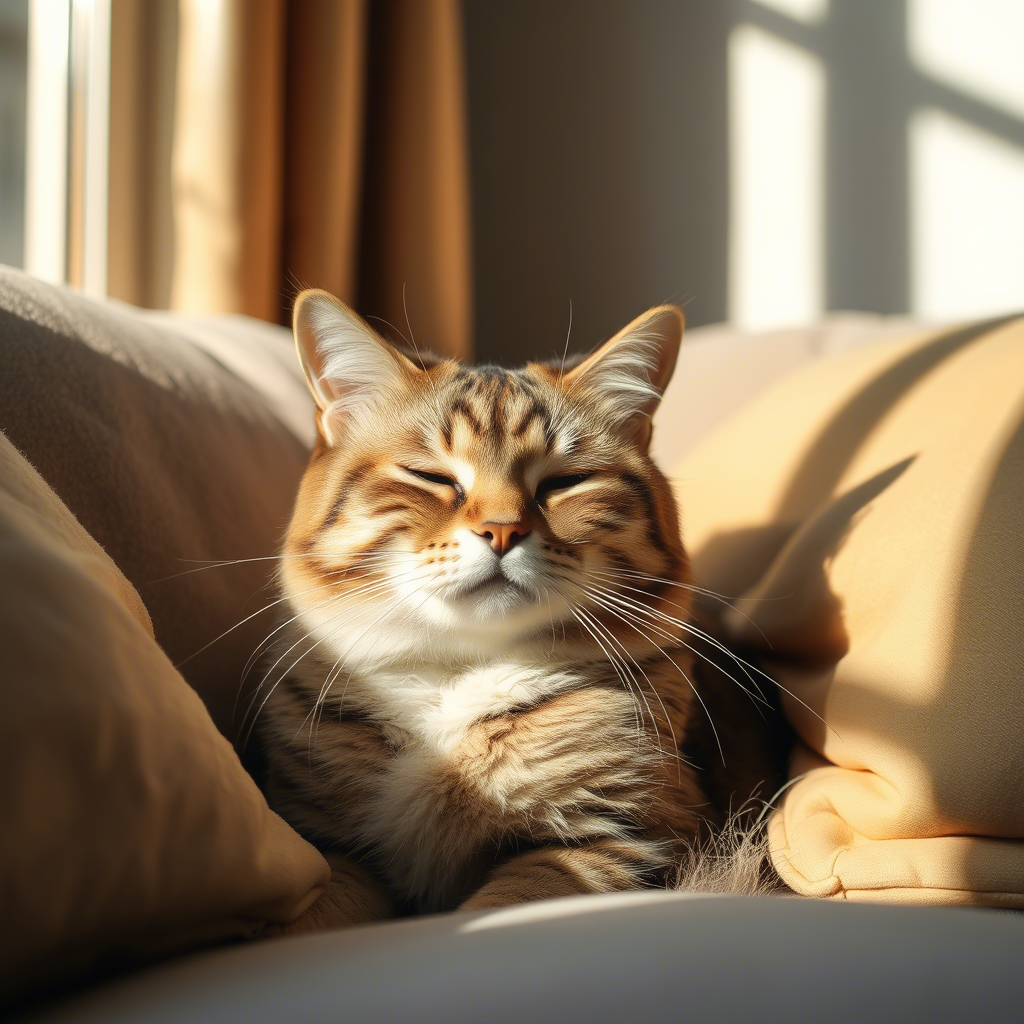
Table of Contents
As your beloved feline companion ages, their health needs change significantly. Senior cats require extra care, attention, and monitoring to ensure they remain comfortable and happy. Monitoring your senior cat’s health is crucial in detecting early signs of illness and managing age-related conditions effectively.
In this comprehensive guide, we will explore essential aspects of senior cat health, including common health concerns, routine checkups, diet adjustments, and behavioral changes to watch for. By the end, you’ll have a clear understanding of how to keep your aging cat healthy and content.
As your beloved feline companion ages, their health needs change significantly. Senior cats require extra care, attention, and monitoring to ensure they remain comfortable and happy. Monitoring your senior cat’s health is crucial in detecting early signs of illness and managing age-related conditions effectively.
In this comprehensive guide, we will explore essential aspects of senior cat health, including common health concerns, routine checkups, diet adjustments, and behavioral changes to watch for. By the end, you’ll have a clear understanding of how to keep your aging cat healthy and content.
Understanding the Aging Process in Cats
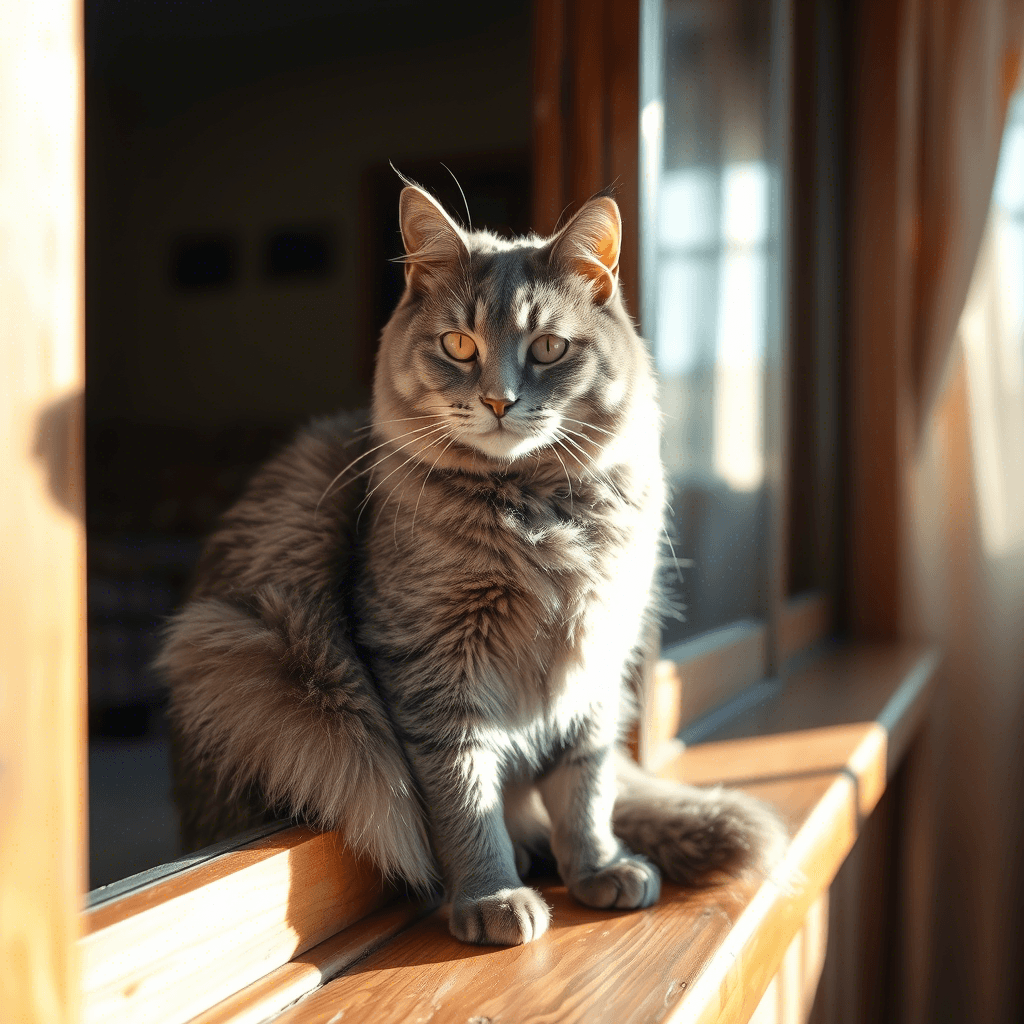
When is a Cat Considered Senior?
Most cats are considered senior around the age of 10-12 years, with some breeds aging faster than others. As cats enter their golden years, they may experience various physiological changes, such as:
- Reduced mobility: Arthritis and joint stiffness become common.
- Metabolic shifts: Weight gain or loss due to changes in metabolism.
- Cognitive decline: Signs of confusion or altered behavior.
Being aware of these changes helps cat owners make necessary adjustments to their pet’s lifestyle and care routine.
Key Aspects of Monitoring Your Senior Cat’s Health
1. Regular Veterinary Checkups
Senior cats should visit the vet at least twice a year for a thorough health assessment. These checkups typically include:
- Blood tests to monitor kidney and liver function.
- Dental exams to address gum disease and tooth decay.
- Weight checks to detect obesity or unintended weight loss.
- Mobility assessments for signs of arthritis or joint issues.
Early detection of diseases like diabetes, kidney disease, and hyperthyroidism can significantly improve treatment outcomes.
2. Monitoring Your Cat’s Weight and Appetite
Sudden weight changes in senior cats can indicate underlying health issues such as:
- Hyperthyroidism (rapid weight loss despite a good appetite)
- Diabetes (increased thirst and appetite but weight loss)
- Kidney disease (weight loss, vomiting, and lethargy)
To track weight, weigh your cat at home monthly and consult a vet if you notice drastic changes.
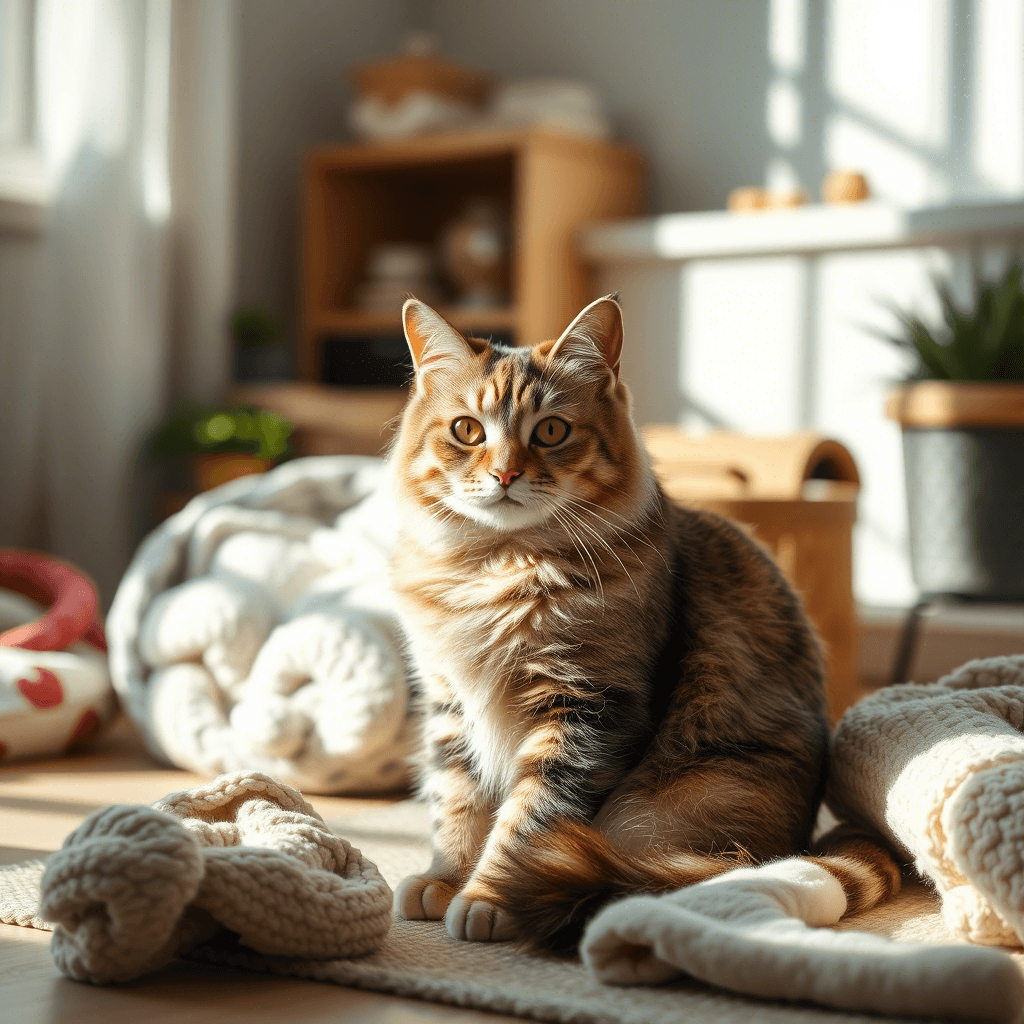
3. Observing Behavioral Changes
Behavioral shifts can signal pain, discomfort, or cognitive dysfunction. Watch for:
- Increased vocalization (sign of cognitive decline or pain)
- Hiding more often (stress or illness)
- Litter box accidents (arthritis, kidney disease, or urinary tract infections)
- Changes in sleep patterns (pain or anxiety-related issues)
4. Assessing Mobility and Joint Health
Arthritis is common in older cats, making mobility difficult. Signs include:
- Difficulty jumping onto furniture
- Limping or stiffness after waking up
- Reluctance to use stairs
To help, provide soft bedding, ramps, and joint supplements as recommended by your vet.
5. Adjusting Diet and Nutrition
Aging cats benefit from diets formulated for senior felines, rich in:
- High-quality protein to maintain muscle mass
- Omega-3 fatty acids for joint health
- Increased fiber for digestive health
Ensure your cat stays hydrated by offering wet food or a pet fountain to encourage drinking.
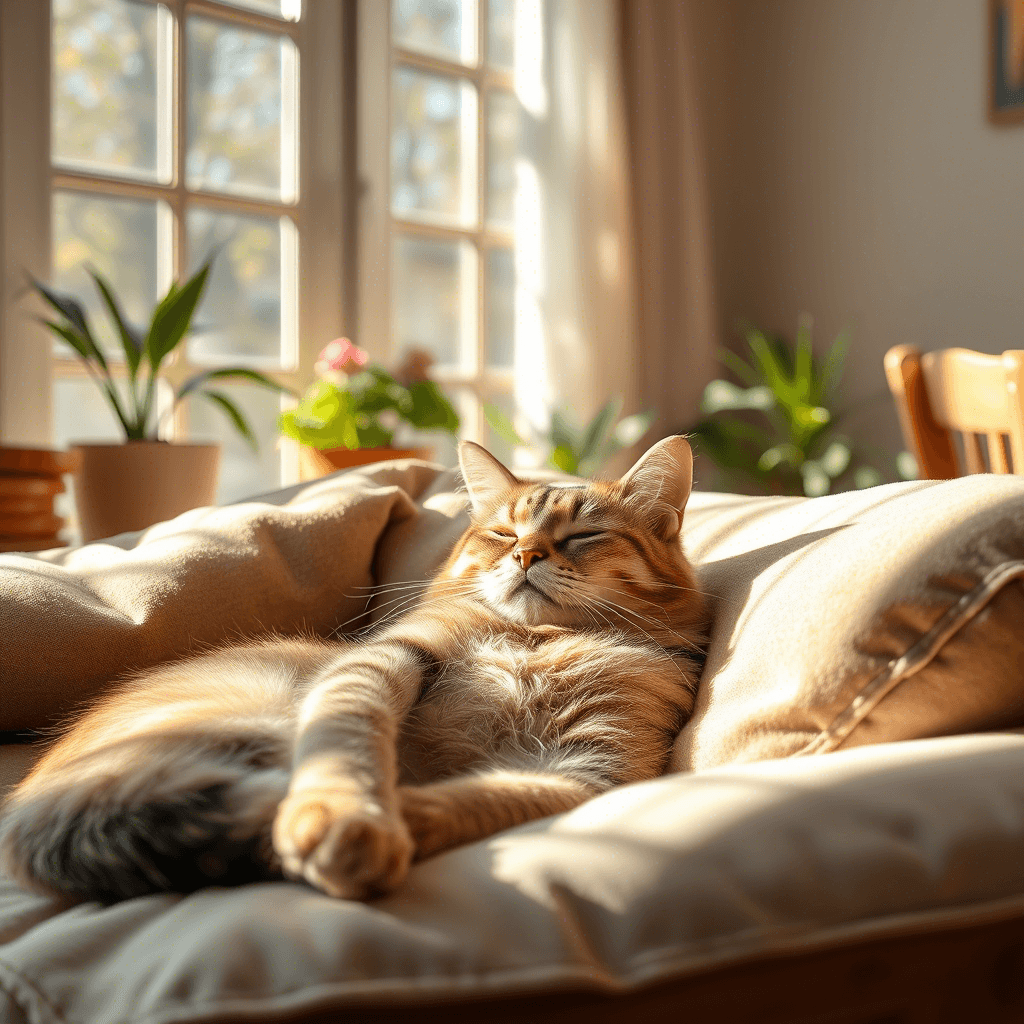
6. Dental Health Maintenance
Dental disease can cause pain and lead to infections affecting major organs. Maintain dental health by:
- Brushing teeth regularly with cat-friendly toothpaste
- Providing dental treats or toys
- Scheduling professional cleanings if necessary
7. Mental and Physical Stimulation
Keeping your senior cat engaged prevents cognitive decline and depression. Stimulate your cat with:
- Interactive toys and puzzle feeders
- Gentle playtime suited to their energy level
- Comfortable resting areas with a view to keep them engaged
Conclusion
Monitoring your senior cat’s health ensures they live their golden years in comfort and happiness. Regular vet visits, a balanced diet, mental stimulation, and close observation of changes in behavior and weight can significantly impact their quality of life. By being proactive, you can provide the best care possible and enjoy more precious years with your feline friend.
If you notice any concerning symptoms, consult your veterinarian promptly. Your attentive care and love make all the difference in your senior cat’s well-being.
FAQ: Monitoring Your Senior Cat’s Health
How often should I take my senior cat to the vet?
Senior cats should see the vet every six months for a wellness exam. Frequent checkups help detect age-related health issues early, improving treatment outcomes.
What are common signs of aging in cats?
Signs include reduced mobility, weight changes, altered appetite, increased vocalization, litter box issues, and changes in grooming habits. Monitoring these can help identify health concerns.
How can I help my senior cat stay active?
Engage your cat with gentle play, puzzle feeders, and interactive toys. Ensure they have easy access to favorite spots by providing ramps or pet stairs.
What diet is best for a senior cat?
Senior cats need high-protein, low-fat diets rich in Omega-3s, fiber, and adequate hydration. Wet food and a pet fountain can encourage drinking to prevent dehydration.
Why is my senior cat losing weight?
Weight loss in older cats can indicate hyperthyroidism, kidney disease, diabetes, or dental issues. A vet visit is necessary to diagnose and manage the cause.
How do I know if my cat has arthritis?
Signs include limping, reluctance to jump, stiffness, and difficulty using stairs. Providing soft bedding and consulting your vet for joint supplements can help manage discomfort.
What changes should I make to my home for an aging cat?
Ensure easy access to food, water, litter boxes, and cozy resting areas. Use ramps, orthopedic beds, and heated pads to make your home senior-cat friendly.




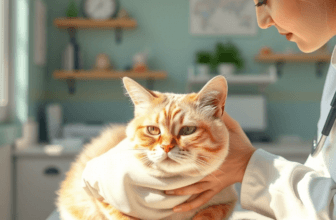
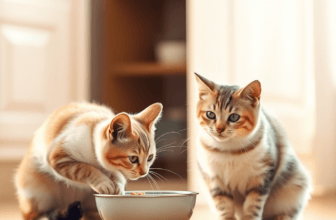
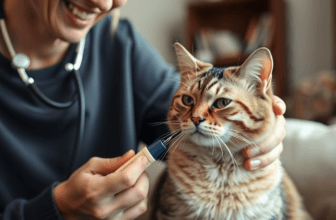

[…] Senior cats are prone to several age-related health problems, including: […]
[…] This article will guide you through the key behavioral changes to watch for in senior cats, explain what they might mean, and provide actionable steps to ensure your cat receives the care they need. By the end, you’ll have a deeper understanding of senior cats’ behavior and how to respond to potential health concerns. […]
[…] these factors helps you create a feeding plan. This plan supports your cat’s health and […]